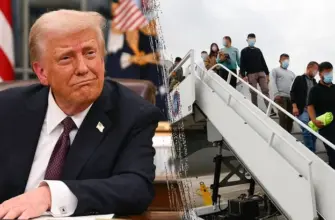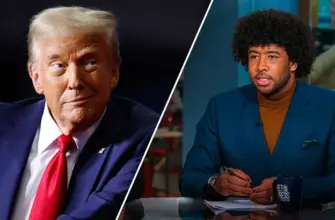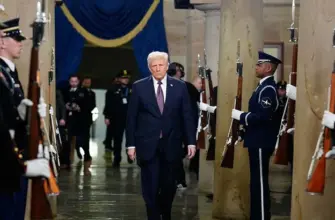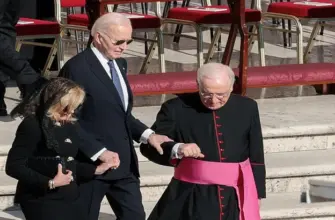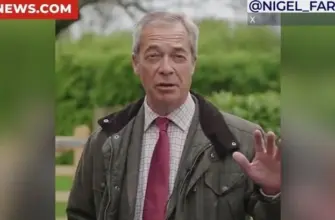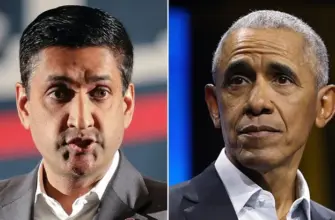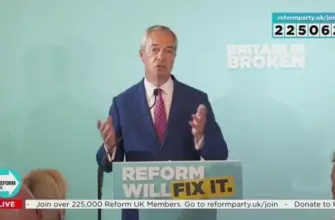## A Presidency Driven by Impulse
Following a shift in strategy regarding trade tariffs, US President Donald Trump recently attributed his decision-making process to intuition rather than methodical analysis. “Instinctively, more than anything else,” he stated, suggesting that deliberation is secondary to his immediate reactions.
This approach exemplifies a pattern of behavior where the president operates with a seeming disregard for established procedures and embraces unilateral action. From declaring states of emergency to challenging long-held political norms, Trump’s actions increasingly shape both domestic and international affairs based on what he desires—a dynamic described by one observer as having everyone “catching a cold” from his decisions.
“We have a democratic leader who seems to have the authority to act as whimsically as a 19th century European autocrat,” observed historian Tim Naftali. “He sneezes and everyone catches a cold.”
The White House firmly defends this style, asserting that Trump’s election victory validates his agenda, and resistance – such as legal challenges to his executive orders – constitutes a threat to democratic principles.
“Trust in President Trump,” declared White House press secretary Karoline Leavitt. “He knows what he’s doing.”
While the expansion of presidential power is not new, Trump’s approach has taken on a distinct character during his current term. He himself acknowledged this shift, remarking that “the second term is just more powerful,” adding with apparent satisfaction, “When I say ‘do it,’ they do it.”
Beyond trade policy, this inclination towards immediate action is evident in several areas:
- John F. Kennedy Center for the Performing Arts: Trump appointed himself as chair to oversee programming changes.
- Smithsonian Institution: He directed a review aiming to eliminate perceived ideological biases within the museums.
- Legal Action: Punitive measures were taken against law firms perceived as opposing him.
- Environmental Regulations: An executive order relaxed water efficiency standards, citing the need for more water flow and declaring public comment “unnecessary.”
Trump’s influence extends globally. A recent visit by Vice President JD Vance to Greenland underscored Trump’s ambition to acquire the island – a strategic location in the Arctic increasingly important due to competition between Russia and China.
“We can’t just ignore the president’s desires,” stated VP Vance.
This propensity for acting on impulse is deeply ingrained, stemming from decades of pursuing ambitious projects—from Manhattan skyscrapers to Atlantic City casinos. In a deposition years ago, Trump famously testified that his net worth fluctuated based on “my general attitude at the time.”
Experts express concern over this lack of process. Former White House chief of staff Leon Panetta cautioned that relying solely on “gut instincts” creates a “huge gamble,” as crucial considerations can be overlooked. He added, “Because you just haven’t done the homework to really understand all of the implications.”
Panetta warned that this approach leads to a dynamic where everyone must defer to the president’s will.
Trump seems to relish the controversy surrounding his actions. During a Republican gathering, he boasted that foreign leaders were seeking him out “to talk him out of his trade agenda.”
The recent tariff saga began with Trump declaring trade deficits a national emergency, allowing for tariffs without congressional approval. This triggered market instability before being partially paused for 90 days to allow for negotiations.
While the press secretary maintains that “Americans should trust in that process,” some analysts remain skeptical. Scott Lincicome of the Cato Institute worries about international trade becoming dependent on “the whims of a single dude in the Oval Office.” He predicts the resulting agreements will likely be “superficial nothingburgers.”
Despite these concerns, Trump’s advisor Peter Navarro remains optimistic, stating that his team is working tirelessly to secure 90 deals within 90 days. “It’s possible,” he declared.

